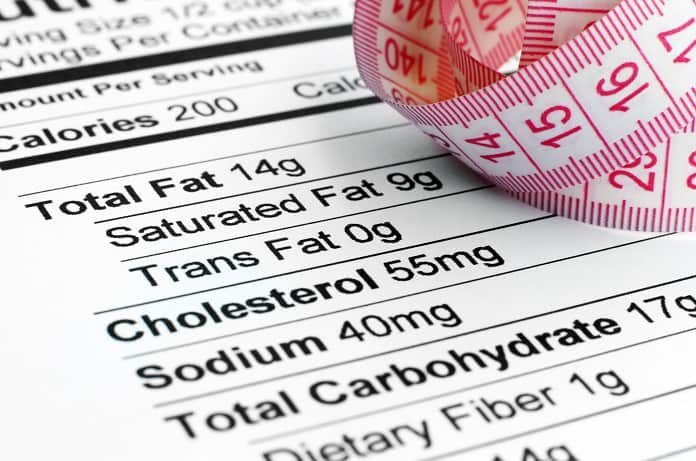Researchers investigated whether extremely high levels of HDL cholesterol are associated with increased mortality in men and women.
HDL cholesterol, often known as “good” cholesterol, is known to have an inverse relationship with cardiovascular disease and mortality—higher HDL cholesterol levels are associated with lower cardiovascular disease. Randomized clinical trials, however, have failed to prove that pharmacologically increasing HDL cholesterol results in this benefit. In fact, one study appears to associate higher levels of HDL cholesterol with increased death. Despite findings that extremely high HDL cholesterol levels may not be associated with a lower rate of cardiovascular disease and death, the relationship between these high levels of HDL cholesterol and death has not been well established.
In a study published in the European Heart Journal, researchers in Denmark conducted an observational study to determine the relationship between extremely high levels of HDL cholesterol and mortality. Their study population included a combination of individuals from two studies of the Danish general population, The Copenhagen City Heart Study (CCHS) and The Copenhagen General Population Study (CGPS).
Information regarding health and lifestyle was obtained through a questionnaire and a physical examination and biochemical measurements were determined from a blood test. Death was the primary endpoint; if cardiovascular disease was among the first three top-ranked causes of death, it was classified as a cardiovascular-related death. Secondary endpoints were other cardiovascular diseases such as coronary heart disease, heart attacks, and stroke.
A total of 52,268 men and 64,240 women were included from the two combined studies. In the follow-up, 5,619 men and 5,059 women died from all-cause mortality. The association between HDL cholesterol and all-cause mortality, when observed on a continuous scale, was U-shaped for both men and women.
High Rate of All-Cause Mortality
These surprising results indicate that both low and high concentrations of HDL cholesterol are associated with a high rate of all-cause mortality. Similarly, this U-shaped association was observed between HDL cholesterol and cardiovascular-related mortality in both men and women. The study found that the HDL cholesterol level associated with the lowest all-cause mortality was 1.9mmol/L in men and 2.4mmol/L in women.
For secondary endpoints, the study observed a high risk of coronary heart disease, heart attacks and stroke with low HDL concentrations, but no significant increase in these risks with extremely high levels of HDL cholesterol.
Study Limitations
The study itself was limited to only determining an association between extremely high HDL cholesterol levels and mortality rather than a causal relationship, as it was an observational study. Further, it is rare to have extremely high HDL cholesterol levels, thus the number of individuals in this category was small despite a large number of individuals included in the study. Lastly, the results may not be generalizable to other ethnicities or geographical regions since the study population included only white individuals of Danish descent.
On the other hand, the study strengths are the large number of individuals recruited in the study, the full range of HDL cholesterol levels investigated, and having complete follow-up and information on deaths using the Danish registries. The main analysis used data from the two studies combined; however, the analysis in the two studies separately produced similar results, which also strengthens the study’s overall findings.
U-Shaped Association
The results of this study indicate that not only is there an increased risk of mortality in individuals with low HDL cholesterol levels, but it’s also seen in those with extremely high levels, as a U-shaped association was observed. Researchers in the study propose this may be due to genetic differences caused by certain mutations, which are linked to higher HDL cholesterol concentrations and a higher risk of heart disease. They also hypothesize that in individuals with very high HDL cholesterol concentrations, the physical and functional properties of the HDL particle may be altered, leading to abnormal functioning and harm.
The results from this study may have implications in clinical practice as clinicians should be aware of the risks associated with extremely high HDL cholesterol when assessing and considering the initiation of lipid-lowering treatment. Further investigation of the relationship between extremely high HDL cholesterol levels and mortality would be useful to confirm the results of this study.
Written by Maggie Leung, PharmD
Reference
Madsen, C. M., Varbo, A., & Nordestgaard, B. G. (2017). Extreme high high-density lipoprotein cholesterol is paradoxically associated with high mortality in men and women: two prospective cohort studies. European Heart Journal, 38(32), 2478-2486. doi:10.1093/eurheartj/ehx163



